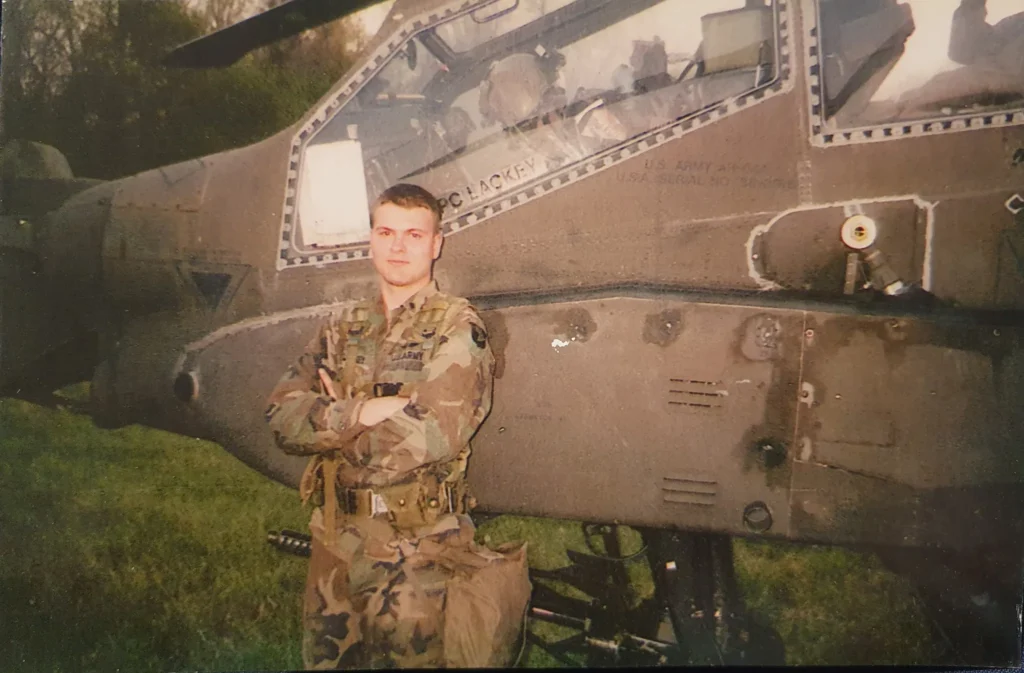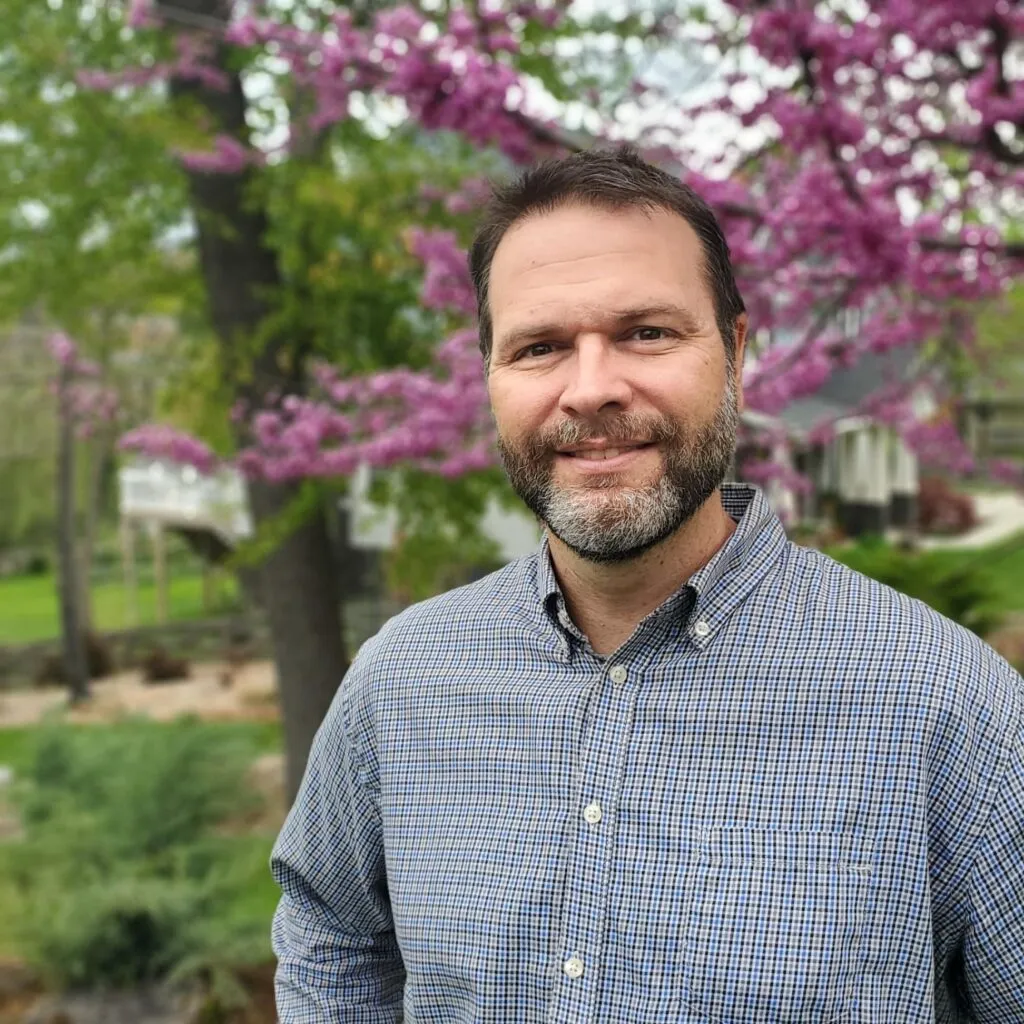From roaches to rental homes
Born into survival
The flick of a light switch sent roaches scattering across the kitchen counter, disappearing into piles of clutter that never moved. Plates from last night’s dinner sat in the sink alongside breakfast dishes from three days before. The table was rarely used for meals—there was no room. It had long been buried under stacks of things that had no place but somehow could never be thrown away.
Money was always tight. I wore plastic shoes because real ones were too expensive. I wanted to join after-school activities, but every time I asked, the answer was the same: “It’s not in the budget.” But I knew there was no budget. We lived paycheck to paycheck, with credit cards filling the gaps.
I watched my mother float checks at the grocery store—writing one to get cash, then rushing to the bank to deposit the money before the previous one bounced. My father worked hard, but no matter how many years he put in, promotions never came. The only financial lesson I learned at home was survival.
At school, I felt like an outsider. The other kids had parents with degrees, family vacations, and nice houses. I had hand-me-down clothes, a gas heater that burned you if you got too close, and a mother who screamed at us until her voice broke. The more I saw of the world outside my home, the more I realized how little we had—not just in money, but in peace.
I didn’t know it then, but those years shaped everything about me. The instability, the fear, the feeling of never having enough—it wasn’t just financial. It was emotional. It was mental. Young Jason didn’t feel safe, and I would spend years unraveling the damage that money stress had done to me and my family.
Money stress wasn’t just something my parents lived with—it was something they passed down to me. Late bills, credit cards maxed out before they could be paid off, and the constant weight of financial anxiety weren’t seen as problems to be solved. They were just life.
I didn’t know any different.

Repeating the Cycle: Hard Work, No Plan, and Mounting Debt
At 17, I joined the Army. At 19, I was deployed to Bosnia, where I lived in a war zone and watched people rebuild their lives from nothing. Compared to where I came from, the Army felt stable. I had food, a bed, and a paycheck that showed up on time. For the first time, I had money of my own.
But I had no idea how to manage it.
I spent freely, assuming there would always be more. I made car payments I could barely afford. I purchased on store credit because I thought that was just what people did. When I got out of the Army on a medical discharge, they handed me a severance check for nearly $18,000. It was the most money I had ever seen in my life.
And within a year, it was gone.
Some of it went to pay down debt, but the rest? It just disappeared—small purchases, poor decisions, nothing to show for it.
I married my high school sweetheart, and we started our life together the way my parents had—with no financial plan, just figuring things out as we went. We got a credit card, and the very first thing we bought was steaks from the grocery store. That card wasn’t paid off for years. Those steaks probably ended up costing us three times what we paid for them.
The stress was constant.
I remember the sick feeling of knowing there wasn’t enough money. The fights about bills. The fear of what would happen if the car broke down or if the rent was due before payday. I felt trapped, just like my parents had.
I tried to take control the way I always had—by working harder. I picked up a side job spraying bleach on mildew-covered roofs for extra cash. It paid well, but it wasn’t enough to change anything long-term. The pattern continued: paycheck to paycheck, unexpected expenses throwing everything off balance, using credit to survive. More stress.
Divorce ensued.
I didn’t realize it at the time, but I was repeating the cycle.
A Clash of Money Mindsets: Debt, Denial, and a Harsh Wake-Up Call
Marrying my current wife was like stepping into a completely different world.
Her family wasn’t just financially stable—they were educated, disciplined, and intentional with money. They planned, saved, and invested. There was even a book passed through generations that everyone was required to read as a rite of passage to financial literacy.
I came into the marriage carrying debt, bad money habits, and a survival mentality, while she had been raised with the idea that debt should be avoided at all costs. We were on opposite ends of the financial spectrum, and we didn’t yet know how to bridge the gap.
At first, things seemed to be working. We bought a triplex, lived in one unit, and rented out the others. It felt like a smart move—becoming landlords, generating income, building something for the future. But beneath the surface, I was still operating the way I always had: spending first, figuring it out later.
When I got frustrated with my job working on jets, I quit and started a landscaping business. The business took off, but I wasn’t paying attention to the numbers. I was so focused on bringing in money that I didn’t track where it was going. My wife was handling the books, and she could see what I couldn’t—we were spending too much, and debt was creeping up fast.
Soon we found ourselves expecting a baby, and you can’t have a big family without a big vehicle, right? So we financed a minivan.
The business was growing, so I financed a new work truck too.
Debt was stacking up fast, but I wasn’t worried. I thought I could work my way out of it—just like my parents had always thought.
Then the baby came via unplanned C-section. We knew we had terrible health insurance and the thought of those hospital bills was overwhelming. I knew we didn’t have the money to cover them. The day after the baby was born, I went back to work because I had to.
For the first time, I felt something new about money: fear.

'Rock bottom' to 'financial freedom'
The 2008 recession was the final blow. Business dried up almost overnight and suddenly, our financial situation went from stressful to dangerous. The debts we had been juggling became impossible to ignore.
It was my wife who started listening to financial CDs. I didn’t want to listen at first. I was prideful, convinced that I could figure things out on my own. But when I finally gave in, the words hit me like a truck.
For the first time in my life, I heard someone say:
- You don’t have to live paycheck to paycheck.
- If you’re struggling, it’s not an income problem—it’s a lifestyle problem.
- You can purchase things without going into debt.
A switch flipped in my mind. We had to make big changes, fast. And this time, I wasn’t going to repeat the mistakes of my past.
- We sold my almost brand-new work truck, even though it hurt my pride.
- We moved into our smaller rental home to save money.
- We sold our triplex .
- We downsized everything.
We attacked our debt relentlessly.
Both of us went back to school for better earning careers. It took a few years, but by the time I graduated with my master’s degree, we were finally down to just one debt—our mortgage.
Shortly after moving to Virginia I left Landscape Architecture and started a modest business selling used books I bought at Goodwill. It was an easy way to make money—find something undervalued, list it online, ship it out. Buy low, sell high. Rinse and repeat. There was nothing sexy or exciting about this business, but it did what we needed it to do.
Even when we had money, we kept our expenses low and threw every spare dollar at the house. In 2017, we lived off of Wife’s salary while putting almost my entire income toward the mortgage.
By 2018, we were completely debt-free. When I saw money hanging out in our bank account for the first time I looked at my wife and said seriously, “Who did we forget to pay?” I wasn’t used to seeing that kind of money in my account.
The very thing that had controlled my parents’ lives, that had nearly ruined mine, was gone. We were free.
With no debt, saving became easy. Before long, we had built up enough cash to buy rental properties—one, then another, then another. Our money was now earning money for us.
But even after all that, something was missing. I had won the money game. Can you believe that? That’s what unsettled me. I had made it to the destination, but something still felt empty.
Flipping books for profit was purely transactional. There was no impact. No people.
That’s when it hit me.
I was put here to help people break free—the way I did.
I know what it feels like to be buried in debt. I know what it feels like to work endlessly and have nothing to show for it. But I also know it doesn’t have to be that way.
That’s why I do this. Because if I can go from killing roaches to owning four homes debt-free—so can they.
